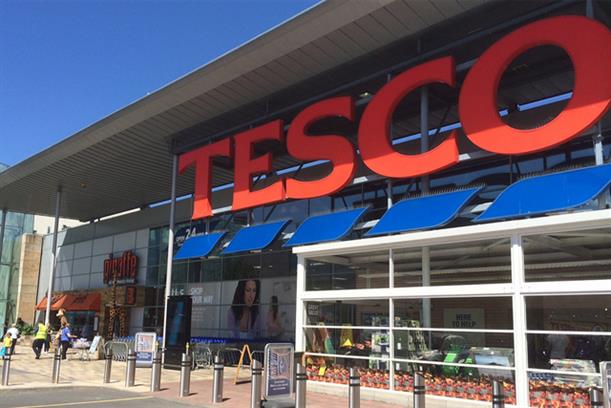Tesco is back, according to interim results published this morning. Group sales are up 3.3% in the
first half, and UK like for likes are up 2.2%, helped of course by our old "friend" inflation, but also
driven by some growth in transactions and volumes.
And, just to underscore Tesco’s progress, the dividend returns for the first time since the 2014 accounting scandal.
We are now three years into chief executive Dave Lewis’s Tesco turnaround, and judging by the numbers, the green shoots of growth I identified in 北京赛车pk10 two years ago have turned into fully-fledged plants.
The discounters are running scared, with Aldi revealing a third consecutive year of falling profits,
partially driven by the need to cut prices against the Big Four.
According to UK chief executive Matthew Barnes, Aldi’s price is its "contract" with its customers, so he will do "everything and anything" to keep its prices lower than the Big Four. That sounds like fighting talk, but hints at a harder task than in past years.
So is Dave Lewis on track to take Tesco back to its halcyon days? Might we even see a return to its
totemic 30% market share?
Firstly, let’s not forget that Tesco is still the largest supermarket in the UK by some margin, with a share of 27.8%. Its closest rival Sainsbury’s stands at 15.7% and Aldi ranks fifth at 6.9%. As Dave Lewis said himself, "The thing to remember about Tesco is that people didn’t stop shopping with us, they reduced their frequency."
But times have been tough for Tesco – very tough – and today’s announcement is an important turning point.
The (modest) dividend is designed to show senior management’s confidence that recovery is "very firmly on track".
As former Tesco exec turned analyst Bruno Monteyne put it on the Today programme this morning: "Total scorecard: Dave Lewis is really delivering."
And he is. He has taken the fight to the discounters by lowering prices by 6%. The introduction of farm brands has provided a slew of exciting own-label products at a price point that competes squarely with the likes of Aldi and Lidl. Customers seem to love them, with 64% of baskets containing a Farm brands product as of April this year.
The famous "Project Reset" which reduced ranges by 20-30% has also paid dividends, making it
easier for store colleagues to keep availability high, and less time consuming for customers to shop
the range, particularly at Tesco Extras. Same day delivery of online orders is a great step forward in
serving customers who have grown up with Amazon and expect just as much from their
supermarkets.
Tesco has also worked hard to restore colleague and customer trust in the business. The customer is
back at the heart of the business with a clear mission for colleagues: "Serving Britain's shoppers a
little better every day".
A renewed focus from chief customer officer Alessandra Bellini is driving home Tesco’s efforts to help its customers be healthier. Channelling promotional money to healthier alternatives, reformulating own-label products to make them healthier, highlighting "Little swaps" for health in store, and focusing on healthier eating via its Food Love Stories campaign are all very positive steps, and are rightly being applauded. Similarly, the single-minded focus on reducing food waste, and getting suppliers and other retailers on board is admirable.
The recovery has not been without mis-steps, however. New contactless Clubcard key fobs which
are not, in fact, contactless. Annoyance from loyal customers as Tesco increases the price of its
online delivery pass. Frustration from customers at seeing their favourite brands disappear from its
shelves overnight.
Concerns over the quality and safety of 2 Sisters-supplied Willow Farm chicken. Risks to morale as "Drastic Dave" cuts the workforce by a third. The lukewarm reaction of the market and a CMA investigation into its proposed £3.7bn Booker takeover. The huge accounting fraud trial taking place at the same time as Tesco announces these interim results.
These are not insignificant issues, to say the least. That said, given the scale of turnaround that Lewis and his team have achieved in three short years, I hope that these will be used as opportunities for listening, learning and change.
I do have one nagging concern, however, which gets stronger every day.
The market has changed for good. Improving availability, service, range and price as Lewis has done, is a tried and trusted recipe for retail recovery, and I’m very happy to see Tesco deliver. But the discounters will not give up without a fight. Amazon has performed poorly in food to date, but its purchase of Whole Foods may be the start of something more challenging. And from a customer perspective, millennials have moved into adulthood, wages are squeezed, and (of course) global political upheaval continues.
With a backdrop like this, I can’t help feeling that getting the basics right, however well executed, might not be enough for a return to those heady days when share always went up, the IGD was always outperformed and no one could touch Tesco.
Marie Anderson is director at Maran


